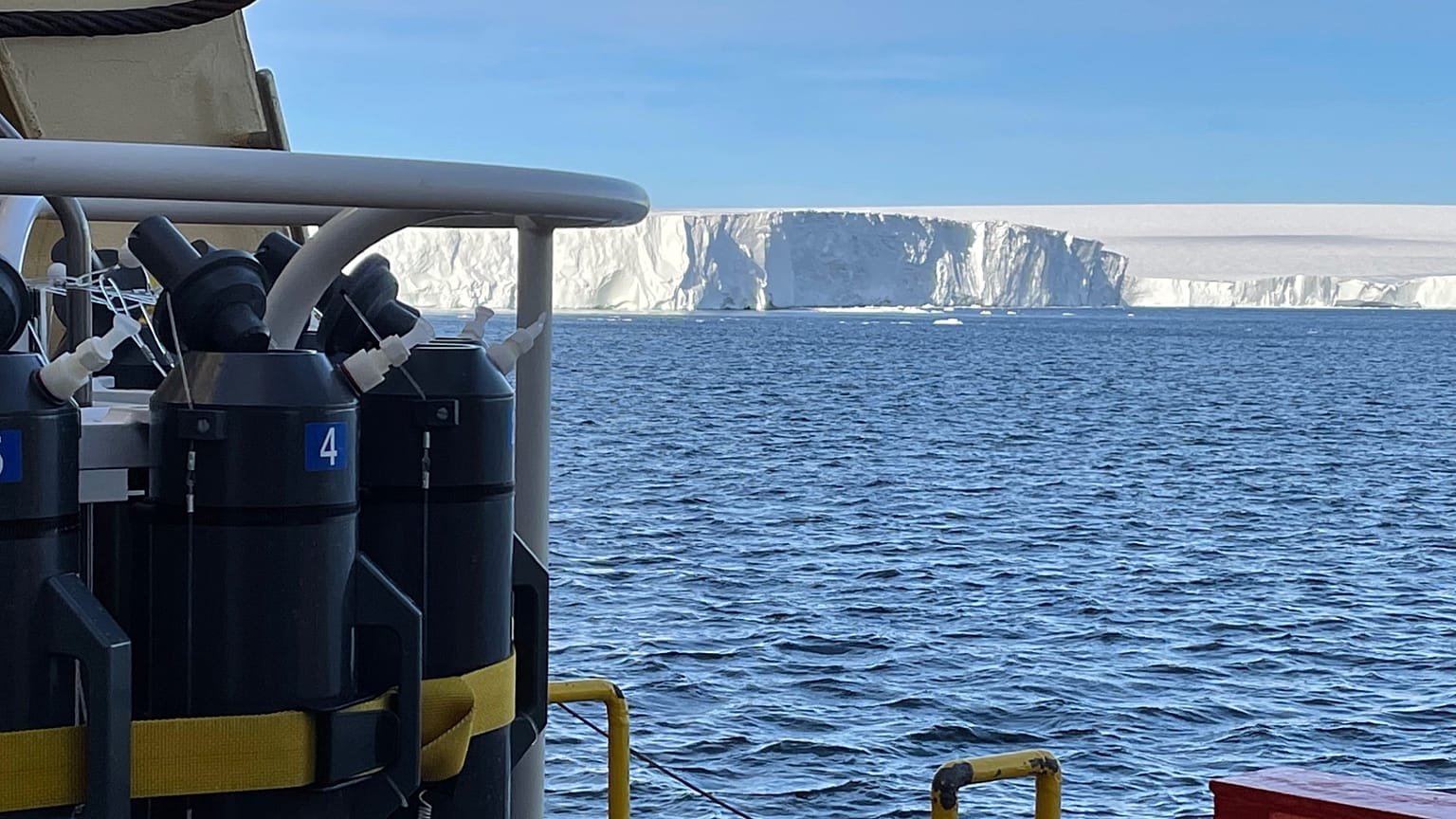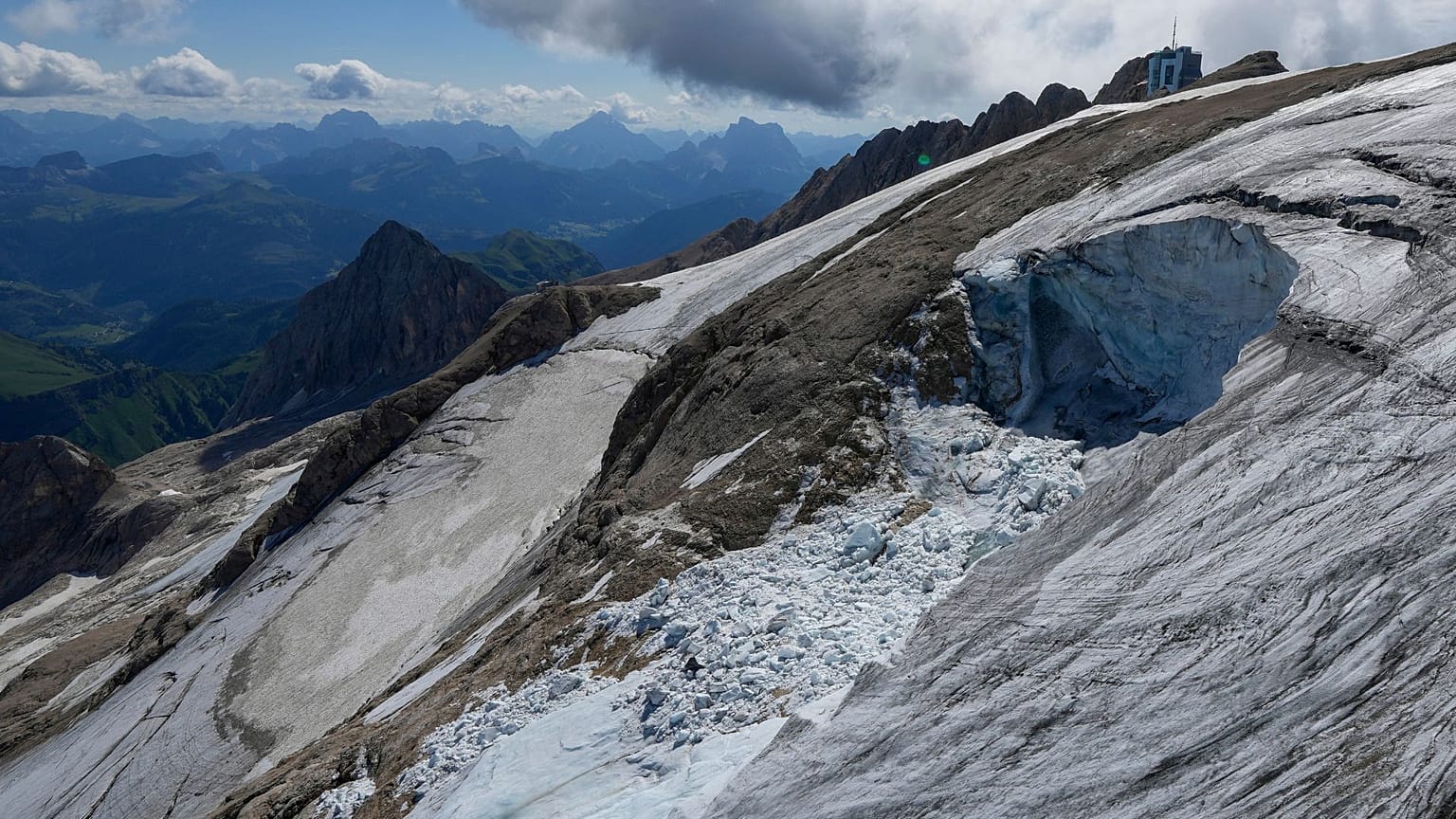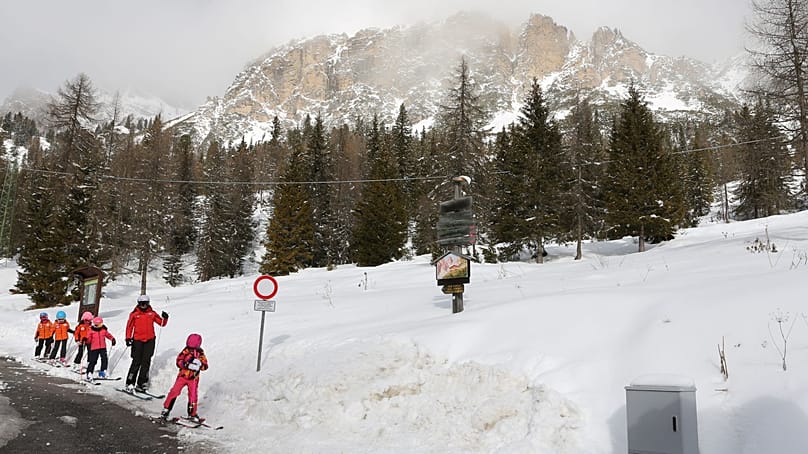Conservation Groups Challenge Removal of Wildlife Protections on 1.1 Million Acres of Public Land in Montana
Four Montana-based Conservation Groups — Alliance for the Wild Rockies, Gallatin Wildlife Association, Native Ecosystems Council, and Council on Fish & Wildlife — sued the U.S. Fish & Wildlife Service and U.S. Forest Service for removing wildlife protections on 1.1 million acres of the Beaverhead-Deerlodge National Forest in Montana.
The federal government agencies issued a “Forest Plan Amendment” in 2025 to remove protections on 1.1 million acres of habitat that was formerly mapped and protected as “lynx habitat” for the Canada lynx, a threatened species listed under the Endangered Species Act. The removal of these protections will allow more private logging operations on these publicly-owned lands. Lynx are highly sensitive to logging operations, and are known to avoid logged areas. The lynx population in the Greater Yellowstone Area is currently at risk of extinction, but if managed properly, the Beaverhead-Deerlodge National Forest could aid the recovery of the imperiled Greater Yellowstone lynx population by serving as a connectivity corridor with the healthier lynx populations in Northern Montana. By choosing to remove protections rather than increase them, however, the government is completely undermining recovery of this struggling lynx population.
The Forest Service recently amended its Forest Plan to eliminate legally-binding logging restrictions on 1.1 million acres of connectivity lynx habitat — which is an area larger than Glacier National Park.
This amendment undermines lynx recovery, which the Forest Service is legally bound to pursue for all species listed under the Endangered Species Act. Although both the Forest Service and Fish & Wildlife Service are required by law to follow the best available science, in this case, both agencies are ignoring the best available science that finds that the entire Beaverhead-Deerlodge National Forest is either reproductive, residential, or dispersal lynx habitat, all of which need to be protected.
The primary purpose of the Endangered Species Act is to protect and recover imperiled species and the ecosystems upon which they depend. The Forest Service is doing the opposite. Instead they are working to drive lynx to extinction and destroying the ecosystems upon which they depend.
Lynx require dense, mature boreal forests with thick undergrowth for survival. They need this type of habitat for denning and hunting snowshoe hare which is their primary prey. The Forest Service sees a thick forest as something that needs to be eliminated by logging and burning to ensure the Forest Service’s survival.
When the executive branch of the federal government breaks the law the First Amendment of the U.S. Constitution guarantees citizens the right to sue the government. If someone throws a brick through a window, the police enforce the law. But when a federal agency breaks the law, it’s the citizens who must stand up to enforce the law. This is how the civil justice system works and citizens should never be shamed or intimidated from holding the government accountable to the law.
To do this we need your help. Please consider donating to the Alliance for the Wild Rockies and to Counterpunch so both can continue to hold the government accountable.


